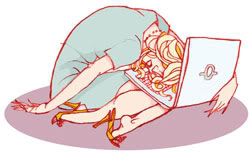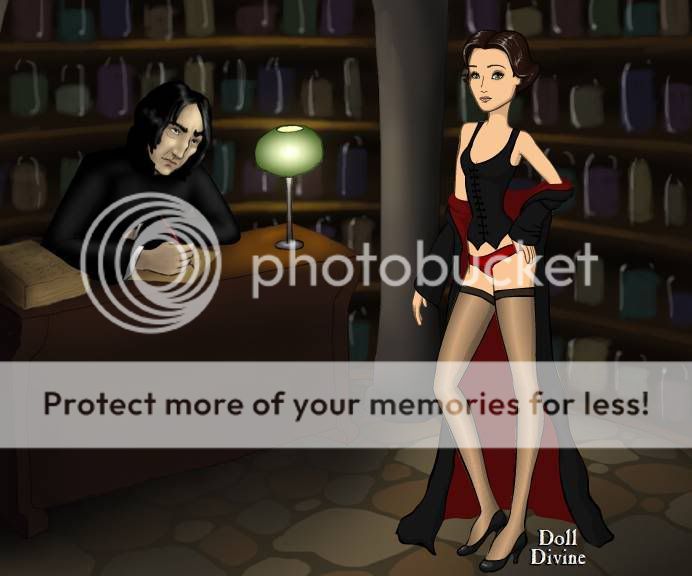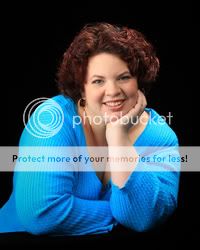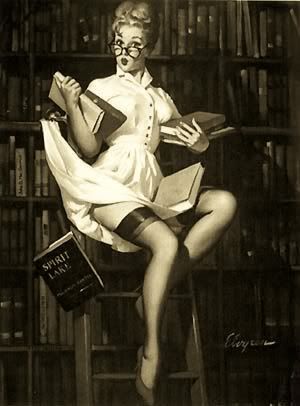Earlier this week, I was having a hardcore wallow over the uninspired pap I was scribbling all over my WIP. I knew I needed the jolt of eagerness and excitement over the written word that I can only get from a Really Good Book.
My RGB of choice was
Dogs & Goddesses by the divine Jennifer Crusie, deific Anne Stuart, and transcendent Lani Diane Rich. And it worked.
Whammo! Popped me right out of my funk. I'm writing great gobs of goodness into my WIP and life is good again.
But then I got to thinking. What makes a RGB so good?
We could dissect it. Break it down into pieces and examine the parts, but a book autopsy only works on dead items and Really Good Books are
alive to me. Please, let's not kill them. They are so pretty as a whole, must we suck the life out of them and hack them apart? Does it have to be the dialogue or the characterization or the plot arc? Could it possibly be some kind of magical alchemy? An X-factor that takes a good book with all those dry ingredients and adds a juicy slug of
wow to the pages.
I don't think a truly excellent work of literary fiction is any more quantifiable than popular/genre fiction. Can you describe to me
exactly what makes Dickens more enduring than his contemporaries? What separates Steinbeck or Alcott from theirs? Entire literary theses are written in the attempt, but those theses tell us as much about the
reader and what they bring to the work as they do about the work itself.
In one of Jasper Fforde's Thursday Next books (RGBs!) - I think it was
The Well of Lost Plots, but I can't be sure - he talks about how much work a reader does, what percentage of the book experience is fueled by the reader versus the words themselves. Words are just words. The reader is the one who makes them worlds and people and ideas.
I was lucky enough to see Jennifer Crusie speak while I was in Ohio a couple months ago. One of the things she mentioned was leaving enough room in the manuscript for the reader to get inside and make themselves at home. This really got me thinking about the
accessibility of books. Some are thick and dense, with not a lot of wiggle room, and not terribly cozy for a reader to crawl inside. But sometimes those difficult reading experiences can be just as, or even far more, rewarding than the easy ones which throw out the welcome mat.
I'm kind of in love with that metaphor now - the book as a living space. I'm picturing some of the difficult ones as being cramped and having major electrical problems, so you're pressed up against the wall and get periodic shocks as the book jolts you into opening up a part of your brain you hadn't accessed before. Electro-shock-reading!
To me, a RGB is not any particular kind of book, but rather a reading experience. I love classic literature. (Well, some of it. My hatred for James Joyce is a living, breathing thing.) But I also read copious amounts of genre fiction. I tend to think that genre fiction exists to take you out of yourself (those wide open doors of the accessible book) whereas lit fic exists to put you back in and make you take a hard look around (and maybe shock open a few new neural pathways). And both are valuable.
You cannot force someone to love electro-shock-reading any more than you can force them to respect the "easy" read. In
this article at Smart Bitches, Candy talks about mandatory reading lists and the cold war between lit snobs and genre slobs. Can't we all just get along? Why does one have to be better than the other?
Eloisa James told a story at the National Conference about the difficulties of being a genre writer in a family of literary snobs. She kept being asked when she was going to write a "real" book. (If you've never read Eloisa James, do it now. Those books are
real. And utterly brilliant.)
I can understand her frustration, but (don't hate me!) I can also see the other side. I love romance. I love writing romance. But I want to write a Big Book someday that examines and impacts society in a way a happily-ever-after could not do. So I can't take offense when people ask me when I'm going to write something real. Yeah, it sucks that they don't respect what I'm doing now, but I understand that to them a RGB has to be electro-shocky and romance just ain't. One man's RGB is another man's uninspired pap (or James Joyce).
And now I'm off topic... does anyone remember what I set out to say when I sat down to write this post? Something about Really Good Books? And what makes them good?
My verdict: Magic. And a place for the reader to climb inside. Really, it's all up to the reader. Not to diminish the work writers do, but without the reader's imagination, where would we be?
Your thoughts?













